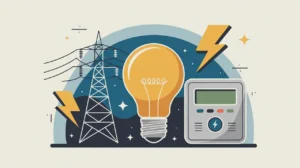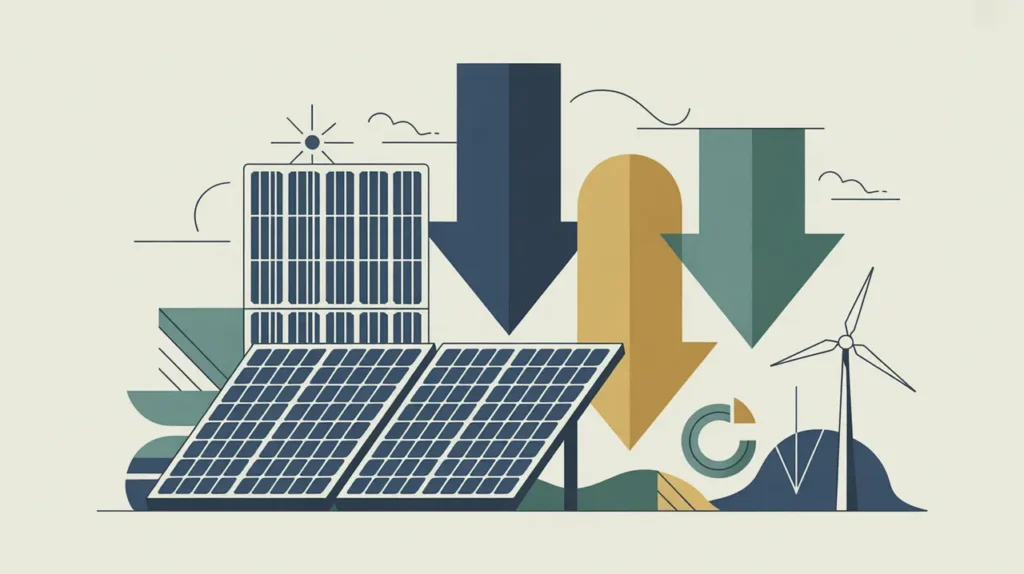Importance of Pollution Control
Pollution control is essential for protecting human health, ecosystems, and sustainable development. Air, water, and soil pollution undermine food security, increase disease burdens, and damage biodiversity. In international development, effective pollution control improves quality of life, reduces healthcare costs, and safeguards natural resources for future generations. For nonprofits and social innovators, pollution control matters because vulnerable communities are often the most exposed to pollution, and solutions can both protect the environment and promote equity.
Definition and Features
Pollution control refers to the policies, technologies, and practices that prevent, reduce, or eliminate contaminants released into the environment. Its defining features include:
- Regulation and Standards: laws limiting emissions, discharges, and waste.
- Technological Solutions: filters, treatment plants, and clean production methods.
- Monitoring and Enforcement: systems to measure pollution and ensure compliance.
- Public Awareness: campaigns that change behavior and reduce harmful practices.
How this Works in Practice
In practice, pollution control includes a mix of regulatory frameworks, technological innovations, and community initiatives. For example, wastewater treatment plants reduce industrial discharges into rivers, while clean cookstoves decrease indoor air pollution. Governments enforce emissions limits, while NGOs advocate for stronger protections or pilot community-based waste management programs. Challenges include weak enforcement, lack of infrastructure, and competing economic priorities.
Implications for Social Innovation
Pollution control has significant implications for social innovation because it requires new ways of producing, consuming, and managing waste. Innovations such as circular economy models, low-cost monitoring devices, and plastic recycling enterprises create opportunities for inclusive solutions. For proximate actors, pollution control reduces health risks and protects natural resources that sustain livelihoods. Pollution control is essential for safeguarding both people and the planet.







